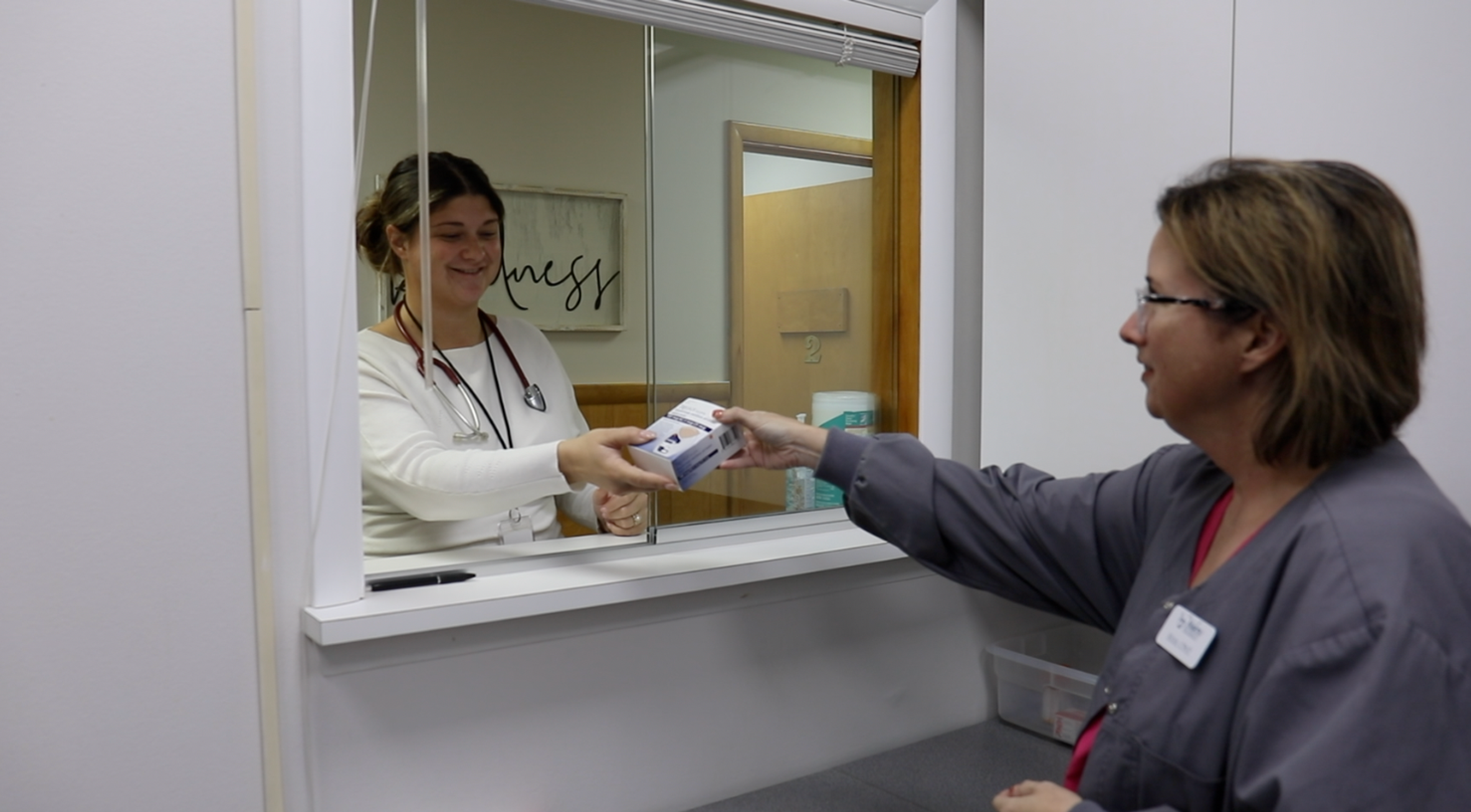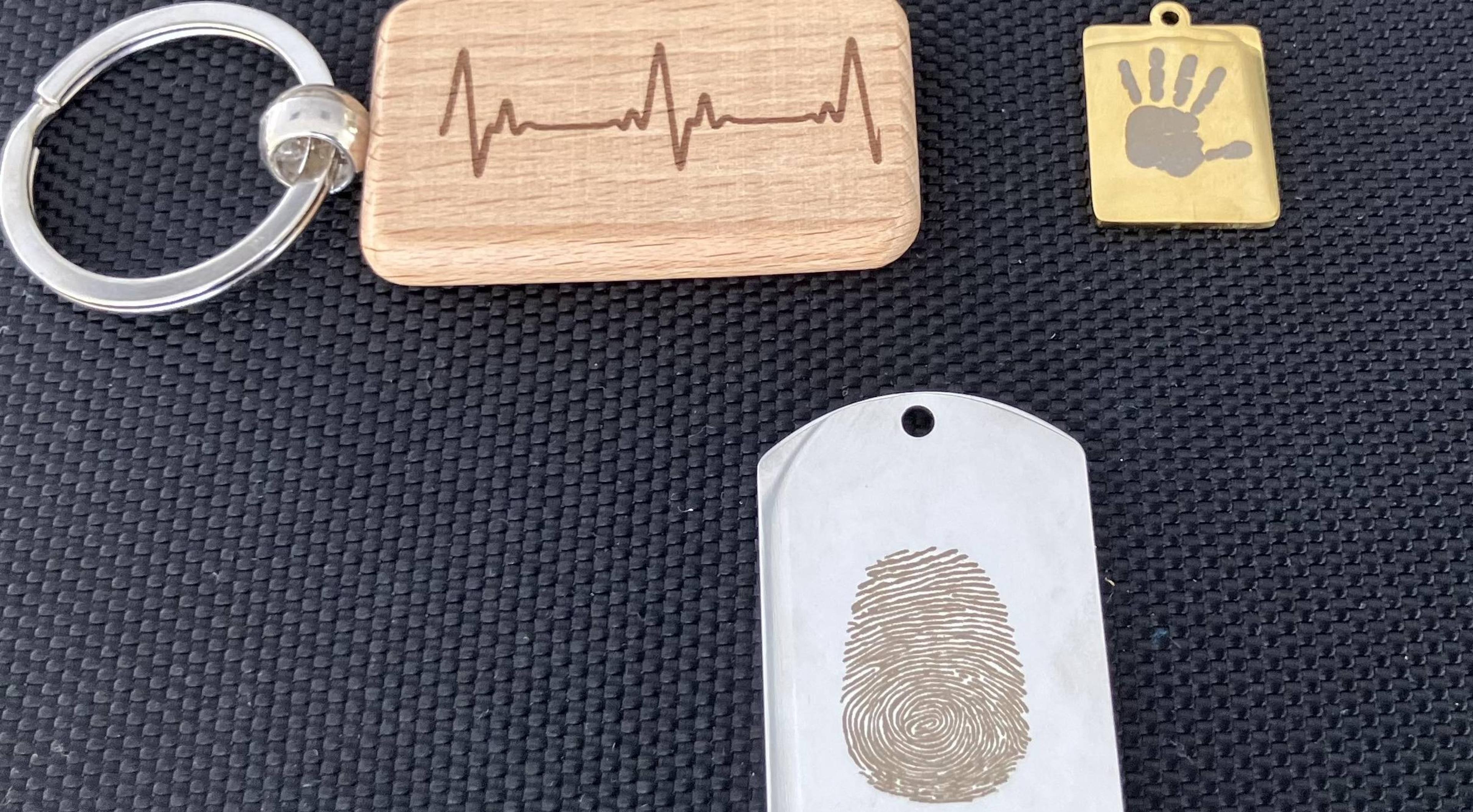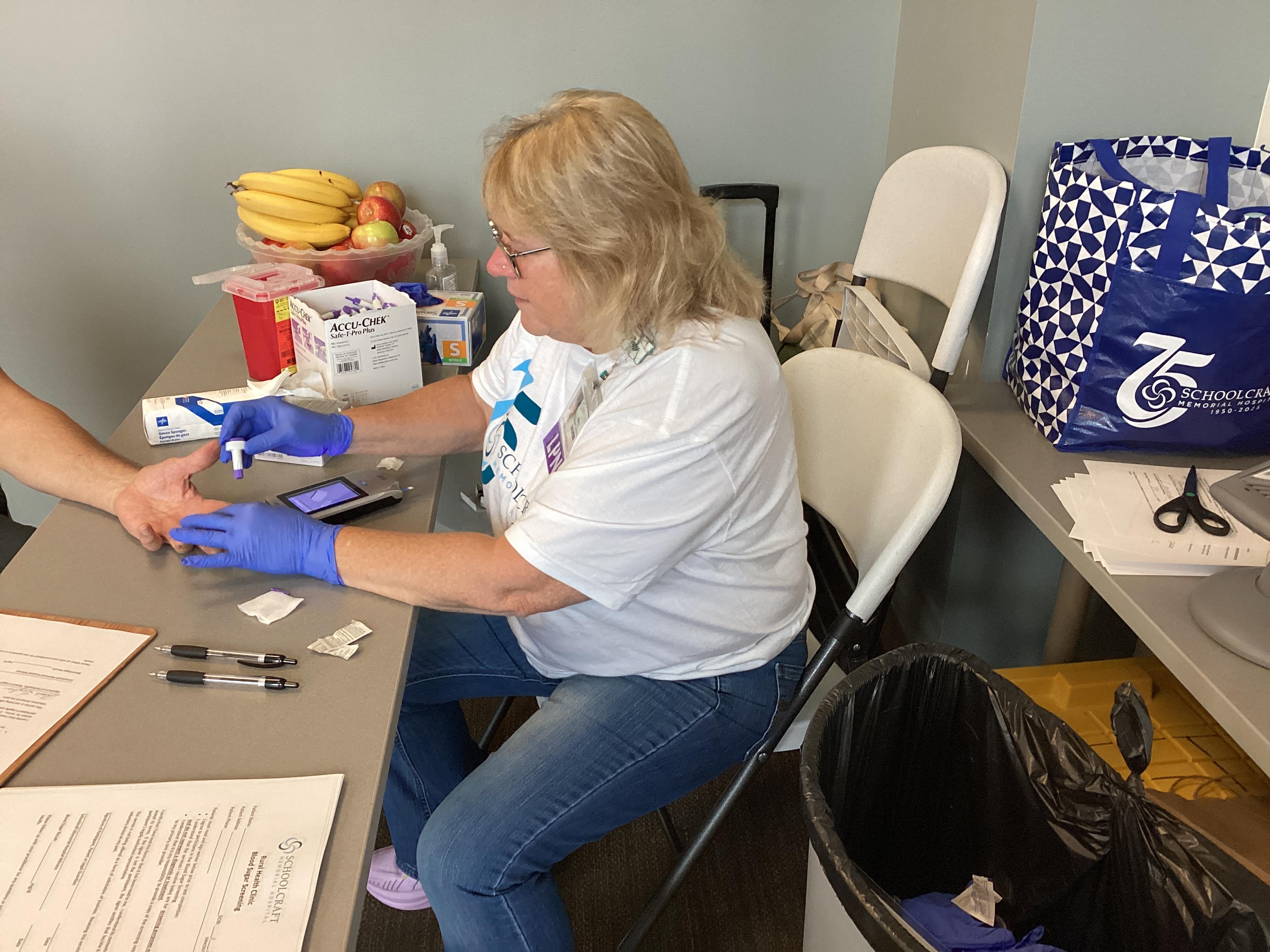Want to Quit Smoking Hookah? There’s an App for That
Julie Bitely
| 3 min read

When people decide to quit smoking cigarettes, there are a variety of resources available to help them whether they want to visit a website or download an app. When staff at ACCESS Community Health & Research Center were looking for similar aids to help their clients quit smoking hookah, they didn’t find much. So, they took matters into their own hands and developed a smoking cessation app specifically targeting hookah users. The project was funded by the Blue Cross Blue Shield of Michigan Foundation. Corey Beckwith is a public health coordinator at ACCESS, which is based in Dearborn. He said 53 participants were recruited to take part in a pilot test of the app, which tracks days without smoking hookah and the money saved as a result. Users earn digital badges for smoke-free milestones such as going without for three days, two weeks, 30 days and so on. A baseline survey of study participants was conducted, along with one, two and three-month follow up surveys. Hookah-only smokers accounted for almost 80 percent of pilot participants, with 60 percent always or sometimes using a single hookah themselves. “It is a habit like any other tobacco product,” he said. More than 62 percent of participants had never attempted quitting hookah and 85 percent indicated health concerns as their main reason for trying to quit. Beckwith said the high percentage of hookah users quitting for their health indicates that the risks of smoking hookah are well-known in the population, which is a positive. He credits educational campaigns initiated through the Michigan Department of Health and Human Services and other organizations. “I think people really do have a much better understanding at this point of the risks,” he said. The app seemed to have a positive impact on participant reports of smoking frequency. At baseline, 42 percent reported smoking hookah 14 to 30 days during the past month. That figure fell to 17 percent at one month. At three months, only seven percent reported smoking 14 or more days, but at this point, many less dedicated participants had left the pilot group. At one, two and three months after the baseline survey, most pilot participants reported using the app “somewhat often”. The highest percentage of participants reporting “very often” or “somewhat often” use, came at three months. Beckwith said this suggests that participants who spent more time using the app were more likely to stay engaged with the pilot project. Throughout the pilot period, the app’s tracking features of number of days smoke-free and money saved by not using ranked as the most popular component. Support ranged from 80 percent at one month to 64 percent at three months. After three months, 28 percent found the milestone badges most useful. Beckwith explained that the rise in popularity of milestone badges may have been related to an increased need for motivation to stay smoke free after three months. Beckwith said ACCESS is looking to complete a larger-scale study of the app’s use with a broader hookah-smoking population, pulled from a wider area than just southeast Michigan. “Having a group of people who were willing to try and participate in this told us that maybe there are more people out there … who would take the idea of quitting seriously,” Beckwith said. Findings from the pilot study will be presented at an upcoming Tobacco Free Michigan conference in April and at the 8th annual Arab American Health Summit in September. The Quit Hookah app is available for Android and iPhone users. For additional resources, visit our Smoking Cessation page or call 1-800-QUIT-NOW, a quit line staffed by the state of Michigan. If you enjoyed this post, you might also like:
Photo credit: Mike MacKenzie





